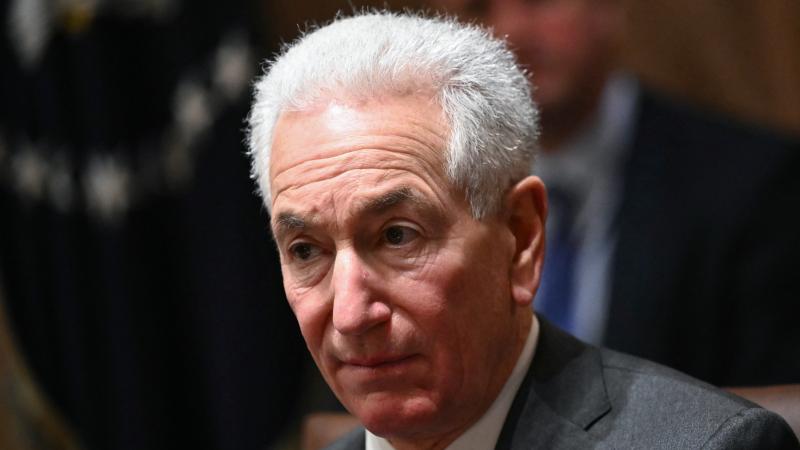Legal group puts medical schools on notice over SCOTUS affirmative action ruling
The Liberty Justice Center sent a letter to medical school deans warning any delay in compliance will face a lawsuit.
A legal nonprofit has pledged to sue any medical school that does not comply with the U.S. Supreme Court’s latest ruling blocking raced-based admissions policies, possibly ushering in a wave of enforcement actions to set new admissions policies around the nation.
The Liberty Justice Center is the group in question, which sent a letter to medical school deans around the nation with a simple message: if you delay in compliance with the SCOTUS ruling, you’ll face a lawsuit.
The group also pushed for an end to other diversity and equity policies at schools, though it is unclear which if any of those policies are affected by the Supreme Court's ruling.
“In accordance with the Supreme Court decision in Students for Fair Admissions, Inc., your medical school must immediately cease any and all policies, practices, programs, or procedures that include a racial component,” the letter said. “This includes any Diversity, Equity, and Inclusion ("DEI") policies. Consequently, to the extent your medical school fails to immediately comply with the Supreme Court's recent decision, Liberty Justice Center will actively engage in strategic litigation to vindicate the fundamental constitutional rights of those individuals whose rights have been violated.”
The letter comes after the U.S. Supreme Court ruled last month that the race-based affirmative action admission policies at Harvard and the University of North Carolina at Chapel Hill violated the Equal Protection Clause of the 14th Amendment. That case upends years of common practice at higher education institutions.
“University programs must comply with strict scrutiny, they may never use race as a stereotype or negative, and – at some point – they must end,” the majority opinion said. “Respondents’ admissions systems – however well intentioned and implemented in good faith – fail each of these criteria.”
That ruling, though, brings into question how schools will comply and what specifically may need to change to adhere to the ruling. There are more than 150 U.S. medical schools across all 50 states, and it remains unclear how those schools will react to the new affirmative action ban.
The legal group pointed to delays in the past where Supreme Court decisions were largely ignored for a stretch of time before another case had to be brought.
“In an industry where merit and skill must be the most important factors when selecting the top applicants for admission, medical schools have a moral obligation to swiftly comply with the law and remove these discriminatory practices,” Jacob Huebert, president of Liberty Justice Center, said in a statement.
The majority opinion states there is an allowance for discussion of race and its impact on a student’s life in their application, furthering complicating what it will practically look like to not consider race in admissions.
"Nothing in this opinion should be construed as prohibiting universities from considering an applicant's discussion of how race affected his or her life, be it through discrimination, inspiration, or otherwise,” the majority opinion said. “But, despite the dissent's assertion to the contrary, universities may not simply establish through application essays or other means the regime we hold unlawful today.”














